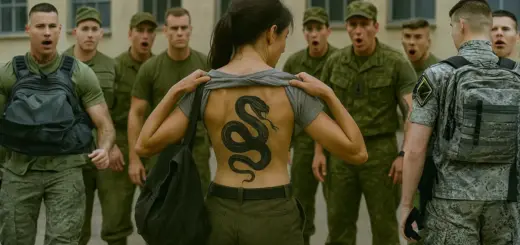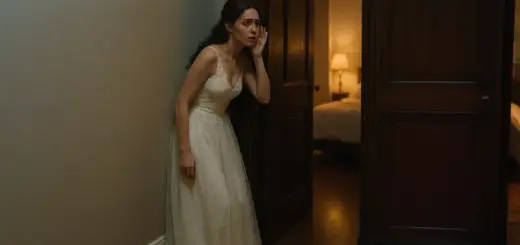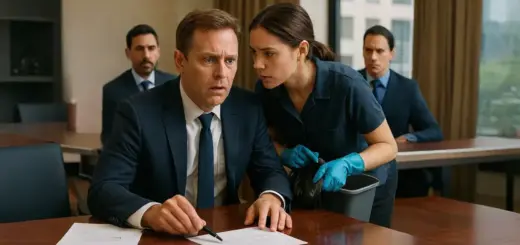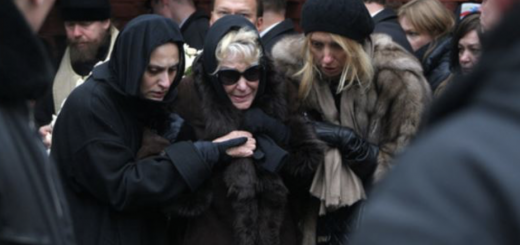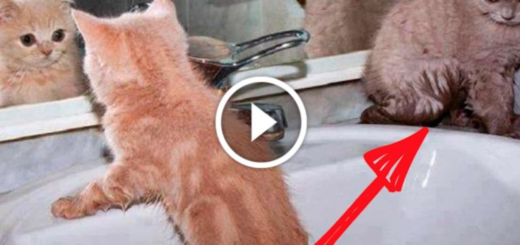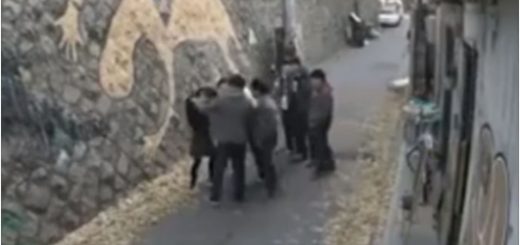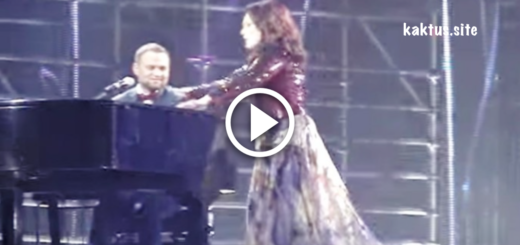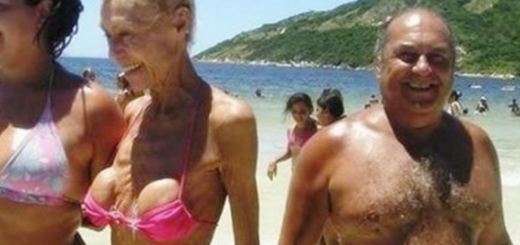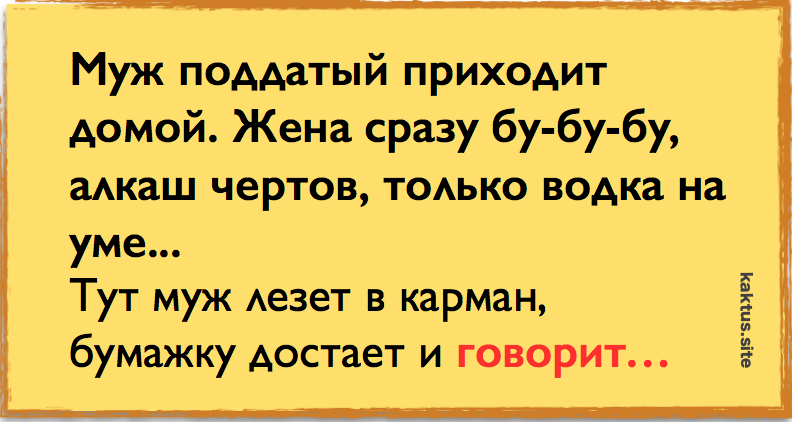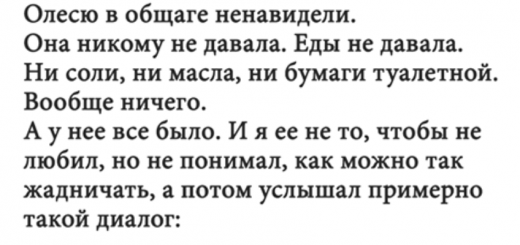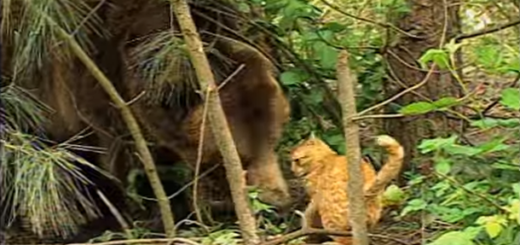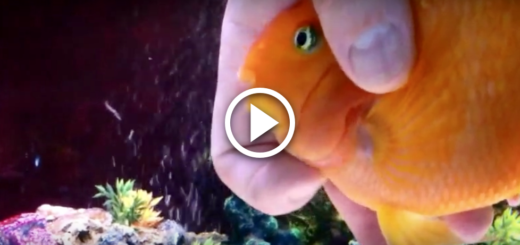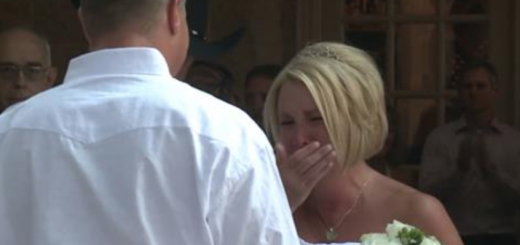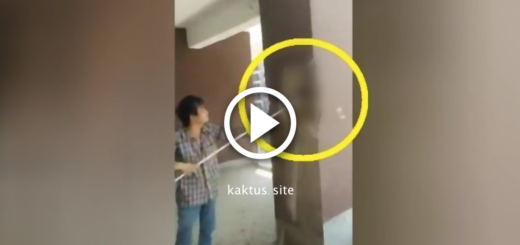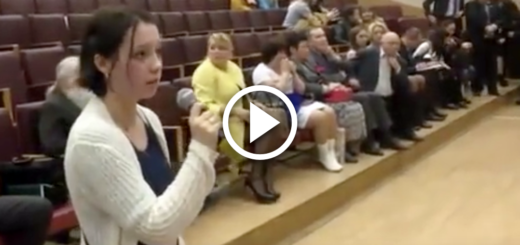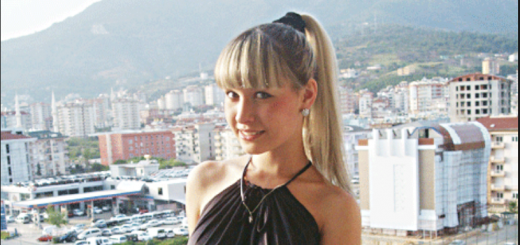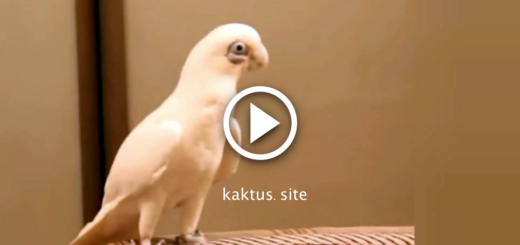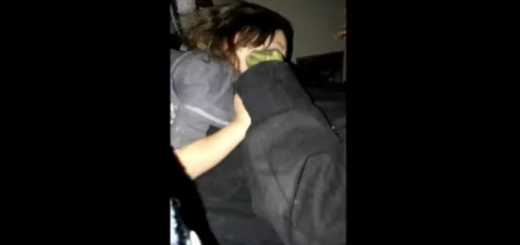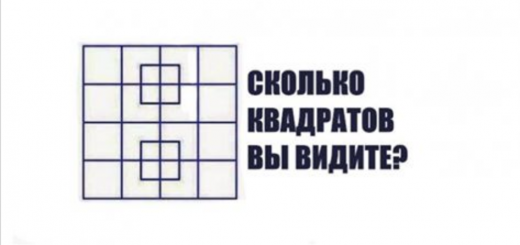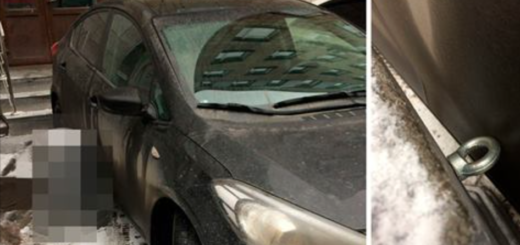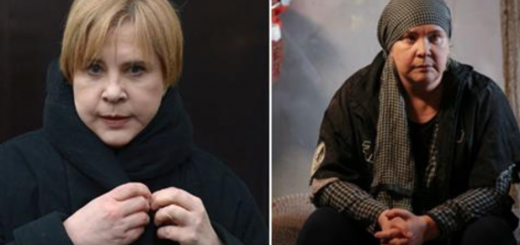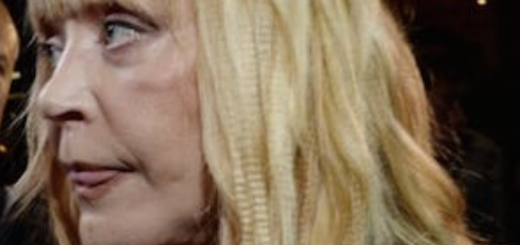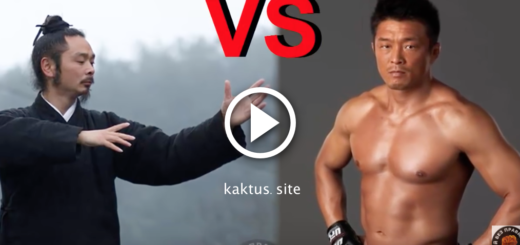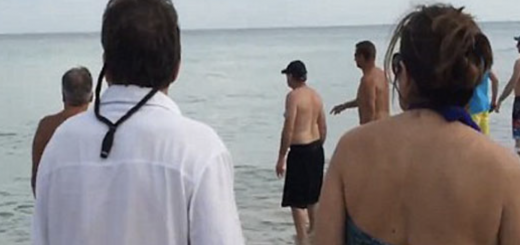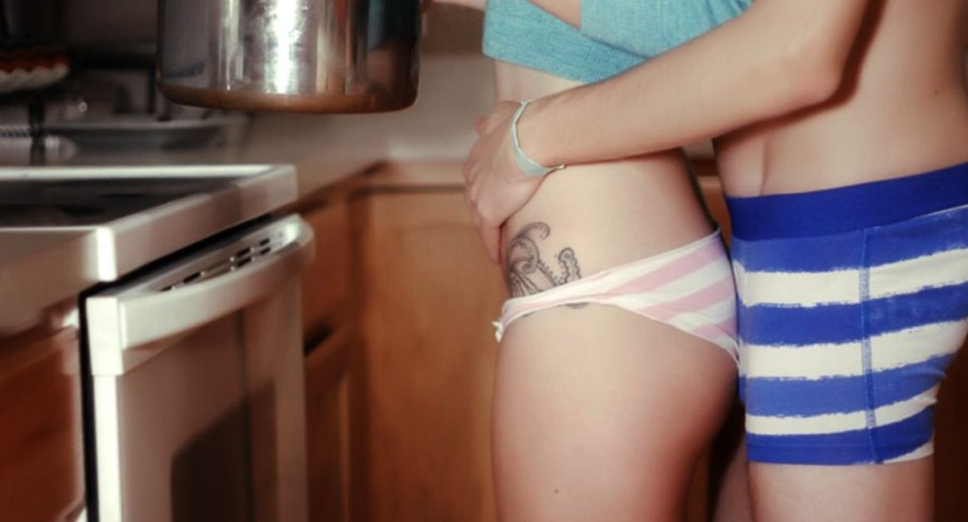There it was, laid bare. The negotiation. They were willing to talk about permitting me to attend, but only now that the money had vanished. It wasn’t an apology. It wasn’t a moment of self-reflection. It was a business proposal. My presence at my own daughter’s wedding was a commodity, something to be bartered for, its value entirely dependent on my financial generosity.
I did not reply. I closed the email and returned to my work.
Around noon, David appeared at my desk again.
— Lunch? That new Italian place just opened up the street.
My default response was to decline, to eat a sad salad at my desk. But something inside me had changed. Perhaps it was the stark clarity of the past twenty-four hours. Perhaps I simply craved an hour in a place where nothing was required of me.
So, I nodded.
— I’d like that very much.
Over plates of pasta, David spoke about his grandchildren, about the beautiful exhaustion of chasing them through a park. His eyes were kind, his presence genuine. He paused, then looked at me and said gently, — Forgive me for saying so, Susan, but you seem… lighter today.
I surprised myself by telling him everything. The email from Jessica. The livestream. The money. The bank. My decision.
When I had finished the whole sorted story, he didn’t offer judgment or simplistic solutions. He simply listened. Then he said, — Sometimes, the people we give the most to are the ones who need the strongest fences.
He reached across the table and gave my hand a brief, supportive squeeze.
— I think you did the right thing.
And for the first time since that email had arrived, I truly believed it, too.
When I got back to the office, there were more missed calls, more urgent texts. I ignored them all. I didn’t need to engage anymore. For the first time in my life, my silence was speaking for me, and its voice was powerful.
That evening, pulling into my driveway under a sky dimming to bruised purple, the automatic porch light flickered on. The house looked serene, peaceful. But there was a figure sitting on my front steps. As I drew closer, my headlights illuminated a familiar face.
Chloe.
She stood up hastily, smoothing down her coat. Chloe had been Jessica’s inseparable best friend since the fifth grade. She had been a fixture in my house for years, a second daughter who filled our weekends with the scent of baking cookies and the sound of late-night giggles. I hadn’t seen her in person in years.
— Mrs. Miller, she said, her voice soft. — I am so sorry to just show up like this.
— It’s all right, Chloe, I replied, unlocking the front door. — Would you like some tea?
She followed me into the familiar warmth of my kitchen, her eyes darting around the room as if reacquainting themselves with old ghosts. I filled the kettle and set it on the stove, waiting.
— Did Jessica send you? I finally asked.
She didn’t answer immediately.
— She’s a complete wreck, she said at last. — They lost the venue. The florist canceled. Brandon’s parents are threatening to call off the entire wedding.
I remained silent, placing two ceramic mugs on the granite countertop.
— She’s panicking, Chloe continued, her voice earnest. — She knows she messed up. She just has no idea how to fix it.
— Is that why you’re here? To fix it?
Chloe shook her head.
— No. I’m here to ask… is there anything she could possibly say or do that would change your mind?
I paused, the kettle beginning to whistle. Was there? Could a string of words, no matter how contrite, erase the cold calculation of that email? Could an apology undo the feeling of being relegated to the role of a remote spectator, a financial resource whose presence was conditional? I looked at Chloe, her face still etched with the hopeful optimism of youth.
— No, I said quietly. — There isn’t.
Her shoulders slumped in defeat.
— Not even if she apologizes?
I poured the hot water over the tea bags and handed her a mug.
— Words are easy, Chloe. Especially when people are desperate. Apologies are for bruised feelings. This wasn’t a misunderstanding; it was a valuation. And I was valued at less than a seat at a table that I had paid for. The people who truly love you don’t wait until you’ve built a wall to realize you’re missing.
Chloe stared down into her steaming mug, nodding slowly.
— I get it, she whispered. — Even if she doesn’t. I’m so sorry, Mrs. Miller.
— You have nothing to be sorry for, I replied.
We stood there for a moment in shared silence, two women from different generations, linked by a single, difficult truth. Love, sometimes, has to have boundaries. And sometimes, the only way to make someone see you is to walk away.
Chloe didn’t stay much longer. She made no further attempt to change my mind. She just thanked me for the tea, gave me a gentle hug, and disappeared back into the night.
And I, Susan Miller, finally closed the door on a version of myself I had long outgrown.
The lavish wedding in Napa Valley never took place. According to a brief, stilted call from Michael, they tried to organize something else, but everything was either booked solid or astronomically expensive without the funds I had once promised. They ended up having a small ceremony in Brandon’s parents’ backyard a few weeks later. Only a handful of relatives attended. I was not invited. And for the first time, I felt no sting of rejection.
In the weeks that followed, Jessica sent one final email. It was a long, rambling missive, a tangled mess of half-apologies and self-serving justifications. I read it once, then moved it to the archive folder. I wasn’t angry anymore. I was simply done.
There is a profound peace that settles in when you let go—not with rage, but with resolute clarity. For the first time in over thirty years, I began waking up in the morning without the immediate, anxious thought of who might need something from me, without bracing for another guilt-laden request disguised as love.
I established a new principle for my life: if my presence is negotiable, then my contribution is, too.
I go to work. I read novels on my porch swing. I joined a pottery class, and I find a strange joy in the feeling of shaping something new from a lump of clay. I have dinner with friends who see me, not what I can provide for them. And I have learned a fundamental truth that I wish I had understood much sooner.
I had spent a lifetime being the wood for everyone else’s fire. I was finally learning to be my own warmth.

